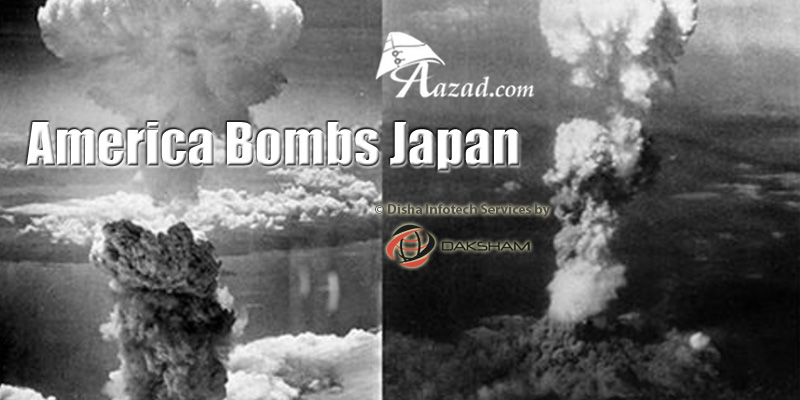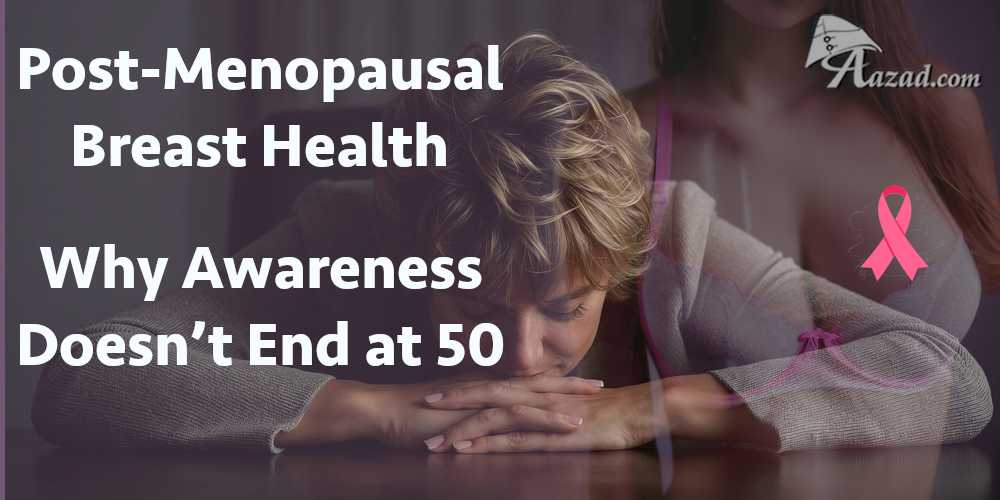- ●Breakthroughs in Prostate Cancer Treatment: What Every Patient Should Know
- ●Ovarian Cancer: The Silent Disease Women Cannot Ignore
- ●Children and Blood Cancer: Why Awareness is Crucial
- ●Women in Aviation India commences the celebration of 10th Girls in Aviation Day
- ●2025 Announcement, Appointment of New Board to Lead Hindustan National Glass & Industries Ltd
America Bombs Japan

America Bombs Japan
World war 11, Which took place between 1939 and 1945, had divided the world into two. Germany, Italy and Japan were on one side and were called the Axis. They fought against Britain, France, USA, Soviet Union, China and other,Who were called the Allies. By May 1945, all the Axis powers except Japan had surrendered to the Allies. To defeat Japan, the USA dropped the world's first atomic bomb on the city of Hiroshima in south-western Japan on 6 August 1945. Three days later, on 9 August, It dropped a second nuclear bomb on the city of Nagasaki.
The bombs destroyed the cities and killed at least 200,000 people. Soon after, Japan surrendered to the USA, and world war 2 came to an end.
Why did America make the atomic bomb?
By May 1945, the Allies had almost won World War 2. Hitler had committed suicide on 30 April and Germany had surrendered. In the Pacific, Japan had almost lost the war to the USA, but was refusing to surrender.
The USA was afraid that if Japan continued to resist, more American soldiers would be killed. Meanwhile, American scientists, Led by J Robert Oppenheimer, had developed a terrible new weapons, the atomic bomb. To end the war quickly, the US President, Harry S Truman, Decided to use this against Japan.
"My God, what have we done?"
The First atomic bomb, nicknamed "Little Boy", was dropped over Hiroshima on 6 August, at 8"15 a.m. Colonel Paul Tibbets was the pilot of the bomber Enola Gay, which had carried the bomb. He described the explosion: " A bright light filled the plane .... We turned back to look at Hiroshima. The city was hidden by that awful cloud...boiling up, mushrooming." Robert Lewis, the co-pilot, felt they had done something dreadful. He wrote in his journal, "My God, What have we done?"
The people of Hiroshima did not know what was happening. Those who lived spoke of a blinding light and fierce heat. Building too were destroyed. 80,000 people were killed instantly, another 70,000 hurt. Birds burst into flames in the sky and paper as far away as 1,950 metres caught fire. The bright light acted like a giant flashbulb, burning the marks of clothing onto skin and shadows onto walls. Raging fires broke out across the city.
President Truman warned Japan that if it did not surrender, more such bombs would be dropped. On 9 August, a second, larger atomic bomb, nicknamed "Fat Man", was dropped on Nagasaki. It killed 70,000 people.
The Price of Peace
Japan surrendered on 14 August and World War 11 ended. People continued to die from radiation poisoning. By 1946, the death toll was almost twice the number killed soon after the bombs were dropped. In Hiroshima and Nagasaki, many of those who did not die,soon became very ill. Some later died, soon became very ill. Some later died of cancer while others are still suffering the ill-effects of the radiation.
After dropping the bombs, the USA emerged as the most powerful nation on earth. It is still the only country in the world to have used an atomic weapon against another.
Today
The sufferings of its people led Japan to work towards the creation of a world that does not use nuclear weapons. It still remains firmly committed to a non- nuclear policy of peace.




